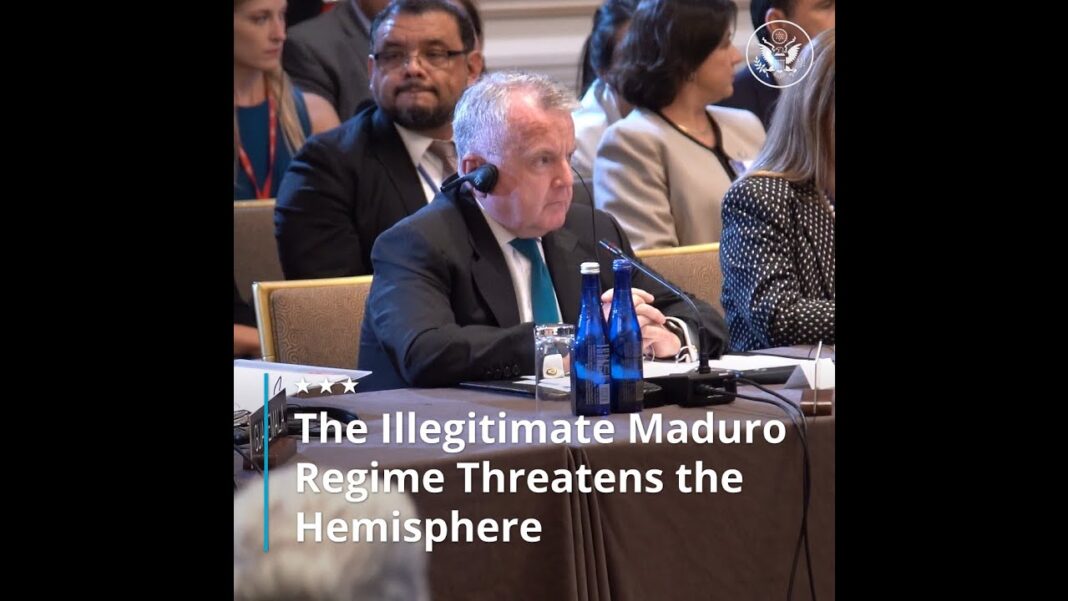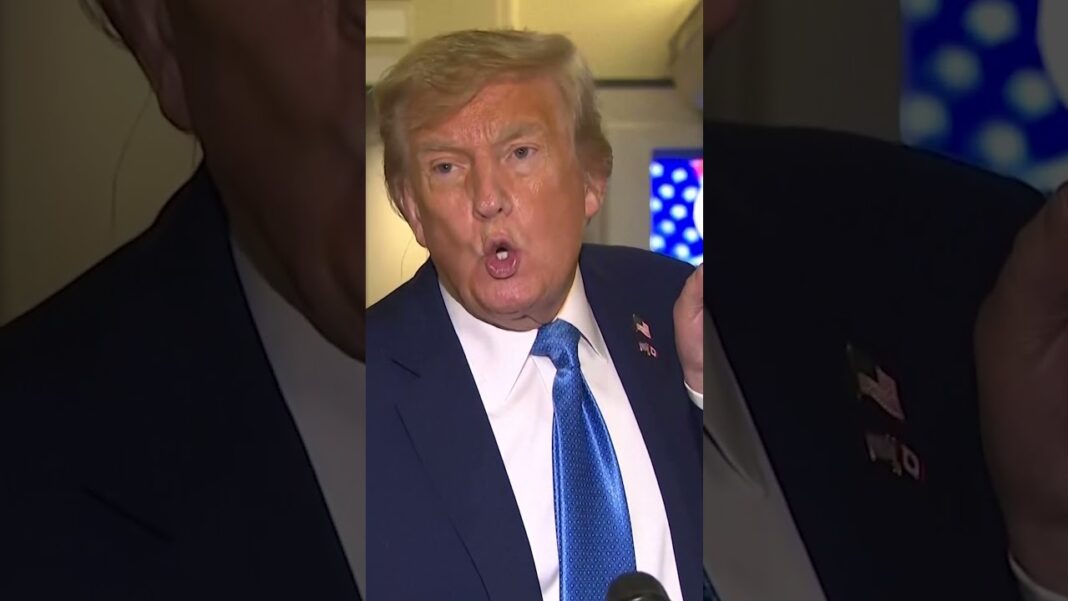The determination by the U.N. nuclear watchdog’s board of governors comes as the U.S. State Department warned of a heightened security risk in the Middle East.
The International Atomic Energy Agency’s 35-nation board of governors passed a resolution on June 12 declaring Iran noncompliant and in breach of its obligations under the Nuclear Nonproliferation Treaty.
The resolution, backed by France, Britain, and Germany (known as the E3), along with the United States, is expected to bring the issue before the U.N. Security Council. Iran immediately responded by announcing plans to establish a new enrichment facility “in a secure location.”
The decision by the U.N. nuclear watchdog’s board of governors, meeting in Vienna, comes as the U.S. State Department warned of a heightened security risk in the Middle East and began reducing the number of staff at embassies in the region.
In a statement to the board of governors of the International Atomic Energy Agency (IAEA) on June 9, Director General Rafael Grossi said he is seriously concerned about Iran’s “rapid accumulation of highly enriched uranium.”
In a quarterly report published in November 2024, the IAEA said Iran—which denies it is seeking to build nuclear weapons—had continued to enrich uranium up to a 60 percent concentration of U-235. Uranium must be enriched to at least 90 percent to be considered weapons-grade.
Iran and the United States are currently trying to negotiate a new deal to replace the 2015 Joint Comprehensive Plan of Action (JCPOA), with a sixth round of negotiations due to take place in Muscat, the capital of Oman, on June 15.
U.S. President Donald Trump has repeatedly said Iran cannot be allowed to have a nuclear weapon and has stated that either Israel or the United States could launch airstrikes against Iran’s nuclear facilities if negotiations fail.
On May 28, Trump said he had told Israeli Prime Minister Benjamin Netanyahu not to take any action that might disrupt the U.S.–Iran nuclear program talks.
In a joint statement, carried by Iran’s state-owned IRNA news agency, the Iranian Foreign Ministry and Iran’s Atomic Energy Organization said the IAEA’s latest report was “entirely political and biased” and said Tehran “has no choice but to respond to this political resolution.”







